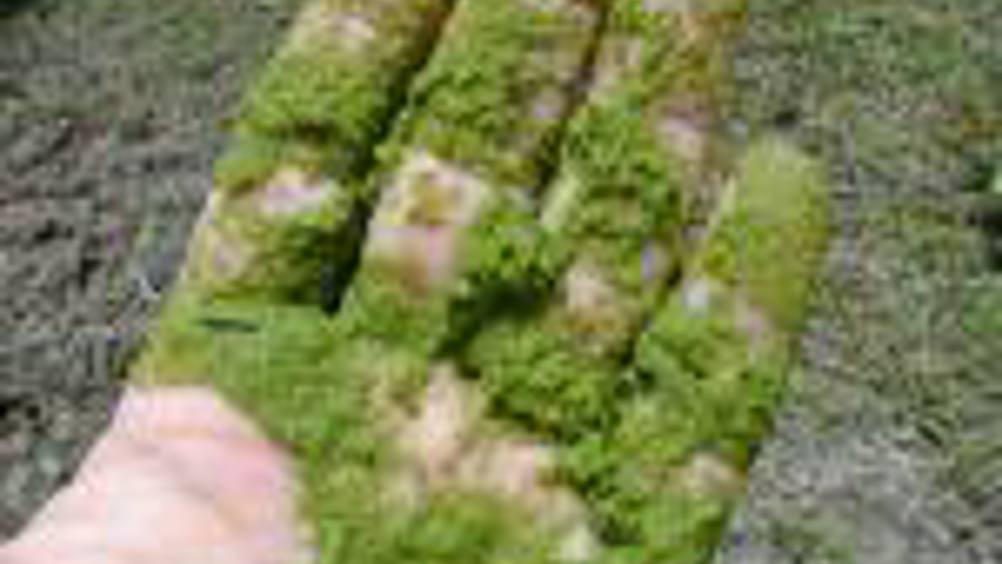Late bloomer
Producing biofuels from algae could ease the pressure on land use and even help with carbon capture and storage, but technological problems are stalling development. Stuart Nathan reports

The image of biofuels has taken a pounding in the past year. First promoted as the answer to the depletion of oil reserves, a way of cutting greenhouse gas emissions and reducing dependence on imported fuels, they are now being cast as an environmental villain.
Biofuels are blamed for damaging biodiversity and those based on grain and oilseeds are now claimed to be pushing up food prices as farmers grow crops for oil rather than food. A recent
report said biofuels were the major factor in a 75 per cent increase in food prices. Last year, the
called for a moratorium on their production.
But crops such as maize, oilseed rape and palm oil are not the only potential sources of biofuels. While fuel companies are busy developing second-generation biofuel technology which would convert wood chips and agricultural 'waste' such as straw into hydrocarbons, attention is also focusing on an alternative source.
Register now to continue reading
Thanks for visiting The Engineer. You’ve now reached your monthly limit of premium content. Register for free to unlock unlimited access to all of our premium content, as well as the latest technology news, industry opinion and special reports.
Benefits of registering
-
In-depth insights and coverage of key emerging trends
-
Unrestricted access to special reports throughout the year
-
Daily technology news delivered straight to your inbox










National Gas receives funding to develop Gravitricity underground hydrogen storage system
There can't possibly ever be a '<i>business</i>' case for the <i><b>bulk</b></i> storage of hydrogen, since Green hydrogen electrolysis...